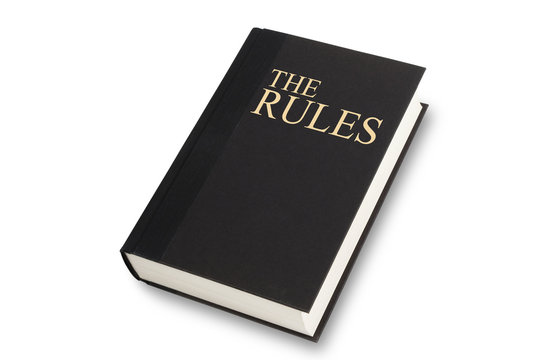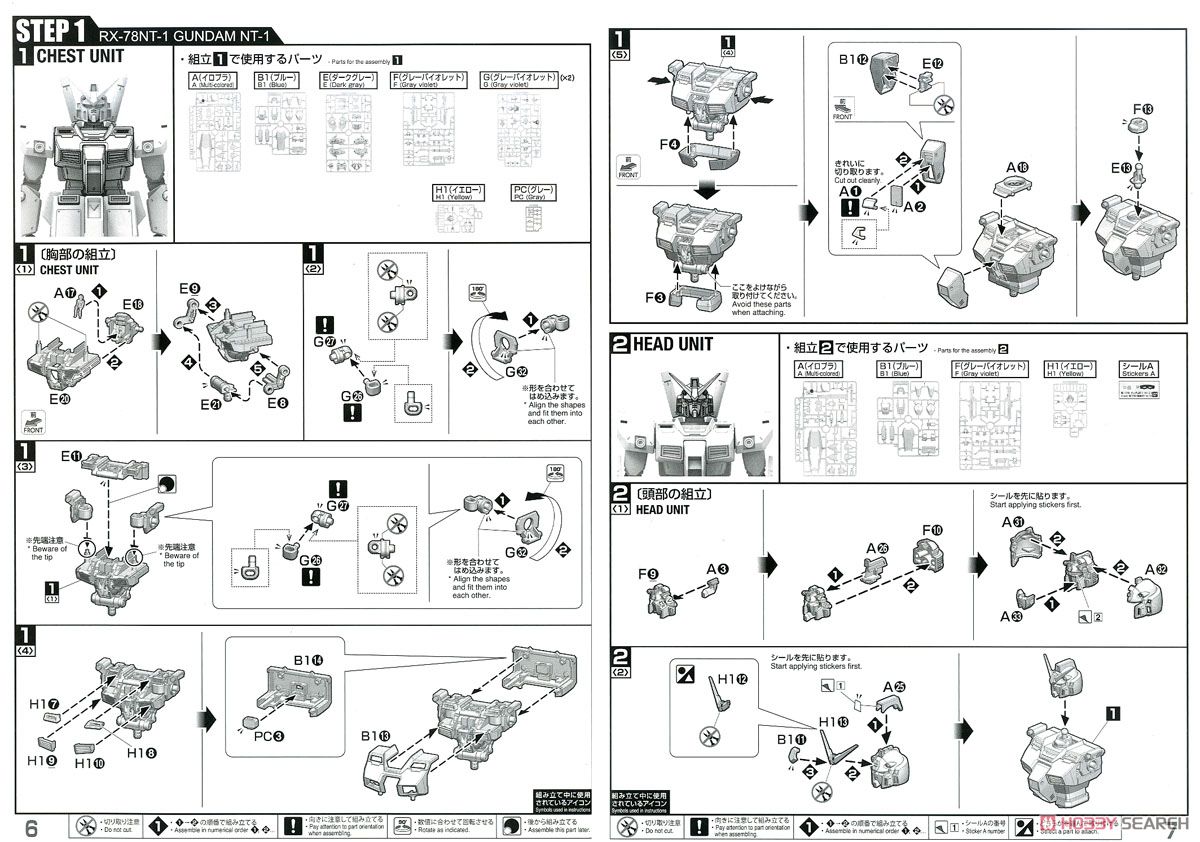
(Following from yesterday's post.)
Alexander Macris mentioned in passing today in a new video (which I will revisit later this week) something that big Twitch streamers like Asmongold have also said: bad game design is the fault of the designer.
The error, be it tabletop or videogames, is a lack of technical competency in making the rules. The overall design will be addressed later this week; this post concerns itself with the communication of the rules themselves.
Consider The User
One thing I have noticed as a common error over the last 30 years is that those responsible for writing the manuals fail to consider their audience- to consider the user.
The error is that they forget that the job of the manual is to tell the user what the game is and how to use it to get the promised results.
They need to tell the user how to turn this (representing their nescience):

Into this (representing basic competency at playing the game):
Which means you need this:

What is that? Step-by-step instructions, written in Explain Like They're Five style, on what to do and how to do it.
That is the minimum viable product for tabletop game publishing. This is what a prospective player looks for when they pick up your rules manual. They want Explain Like I'm Five levels of specificity.
You do not give conditional statements. You don't invoke Rule Zero. You do not use jargon when a simple word in its ordinary usage will do. You write the rules to be clear, concise, and consistent from start to finish.
Example:
To create a character you start by generating Ability Scores. Write the six Abilities down on a piece of paper in this order: Strength, Intelligence, Wisdom, Dexterity, Constitution, Charisma.
For each Ability, roll three six-sided dice. Add the results of those dice rolls together. The total is the Ability Score. Do this for each Ability in the order given above. If none of the Scores are 9 or higher, then you erase those Scores and start over. Repeat this process until you have an array of Scores with at least one Score at 9 or higher.
See that? There is no ambiguity there. Your average 10 year old child can read those instructions and follow them without fail, so there is no reason for a Referee to change the procedure and thereby take the game out of compliance.
Keep It Simple
The game is for people playing it as a hobby pursuit. You are not running a wargame for the Pentagon. You are not running a wargame for any other (psuedo-)governmental or corporate body. You are publishing a hobby game for ordinary people, not for professional experts operating in their field of expertise.
It behooves you as a designer and a publisher to Keep It Simple, and in this context this means being patient with your audience. They have never played your game before, and if they sense impatience or contempt from your technical writing it will be evident long before you're fielding Customer Support requests in the form of rules questions in your email or your other communications outlets.
This means that, for tabletop games, there is a practical limit to rules complexity- something both Magic-Users By The Water and Discount Off-Brand found out the hard way when their games turned out to be better done as videogames than tabletop games. (It's also why Stupid British Toy Company's wargames do better as videogames than on tabletop.) Catalyst is now realizing this with the PC adaptations of Shadowrun and BattleTech.
If your rules benefit from digitization, you fucked up. That makes Current Edition, Edition 4, Edition 3 (and its offshoots), HERO/GURPS, and many others on the You Fucked Up list.
Keep It Clear And Consistent
You are not allowed to contradict yourself.
You must speak with authority because the rules manual is the authority for the game. Saying that the rule is X here and Y there undermines that authority. (e.g. the Character Generation procedure in Heroes Unlimited; one Hero type contradicts the entire procedure for generation) You must not, under any circumstances, shirk that responsibility off to the Referee; unfucking your inability to keep things clear and consistent is not his job.
Yes, I am telling you that it is not the Referee's job. His job is to run the game that you designed exactly as it is written, and the player's job is to play the game exactly as it is written because neither party can get the results that your game promises to them if they don't- and they resent it when they are forced to do so.
This puts the onus on you to write your rules in a clear and consistent manner. Inputs must match outputs every single time. Clear and consistent language eliminates the odds that this does not happen, because when that does happen the game ceases to exist and you have a Black Box named "Mother May I" and that leads to horror shows like what gets mentioned in Neckbeardia videos.
Keep It Concise
Again, this is a hobby pursuit.
If the time it takes for a prospective player to learn your game is greater than the time it takes for him to onboard into a MMORPG, you fucked up.
If the time it takes is equal to learning how to play Shadowfist from its rules manual, you're going to be okay.
The former is every single White Wolf game ever published, every Palladium game ever published, Burning Wheel, and many others. The latter is Basic Fantasy (among a few others).
You are not just in competition with Current Edition from Magic-Users. You are in competition with all other media options. Your game should have a rules manual so concise that someone buying it should go from "I know nothing" to "I understand everything needed to play" in the time it takes that same man to figure out how to boot up Dark Souls 3 and get past the tutorial.
That's not a lot of time. Generously, that's 15 minutes.
Your rules manual needs to tell the user how to create a character, kit him out, and execute core gameplay procedures in that time. This includes character improvement. So many tabletop games fail on this that it would be a Wall O' Text to list them all. Instead, I will point out this: your manuals could be cut in size by elminating everything but those gameplay procedures, moving that information to other places to be referenced as required.
Conclusion
Note that I am not talking about 1:1 Timekeeping, Patron Play, etc. here but rather another standard of objective measurement of performance- and most fail to measure up.
The tabletop game business, when sold as RPGs, has been increasingly lousy about this for decades. Failure to acknowledge that competition outside of RPGs even exists has not helped at all, and that delusional belief is another symptom of the rejection of the very objective performance standard of gameplay that AD&D 1st Edition was all about- that the hobby itself was all about.
It is no surprise that, of all people, Osprey Publishing (and Gonnerman's Basic Fantasy) puts out the best manuals outside of historical wargaming these days. They understand that tabletop gaming has to be clear, concise, and consistent to be competent- and competency is necessary to be competitive when gamers are spoiled for choice in their options these days.
Your rules are badly communicated. Fix that, before the market fixes you by running you out of business.
"But Magic-Users-"
Big Corporate has seen what I saw and wants that sweet vidya money. I'll let Pat explain.
"But-"
Don't make me send The Rock to break you. As Pat explained, this means that Magic-Users are solving this issue by going to the more profitable media.
You don't have that option, so Keep It Simple, Keep It Clear, Keep It Concise, Keep It Consistent and learn how to publish like Osprey or Gonnerman does if you want to stay in the game.
As for what your rules need to be, that's design- and that's tomorrow.
No comments:
Post a Comment
Anonymous comments are banned. Pick a name, and "Unknown" (et. al.) doesn't count.